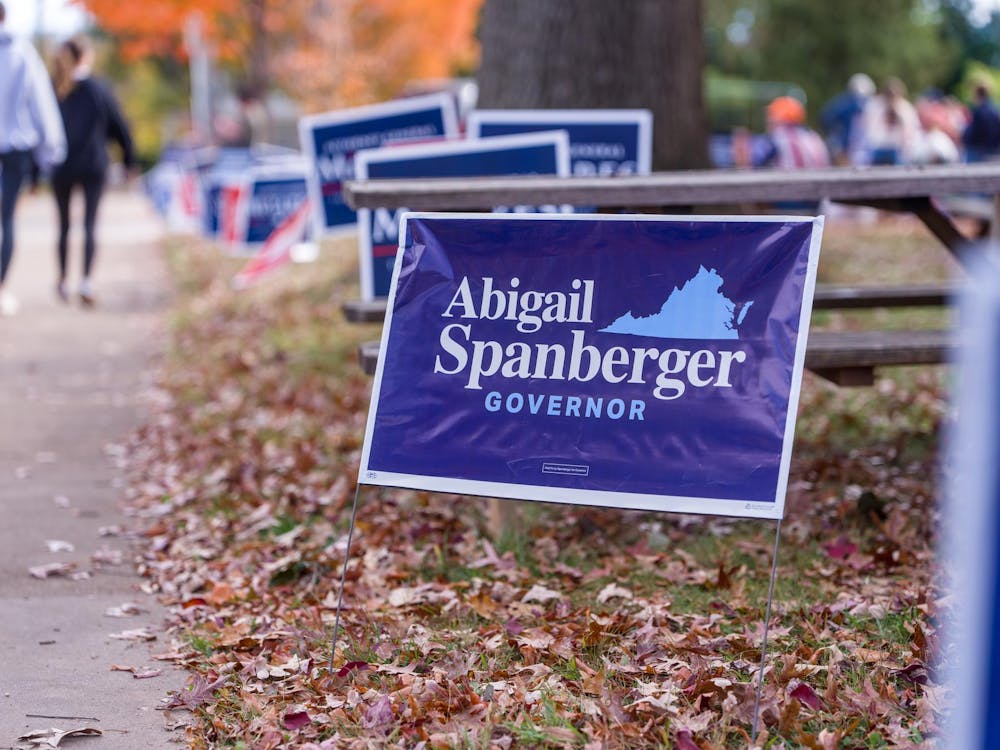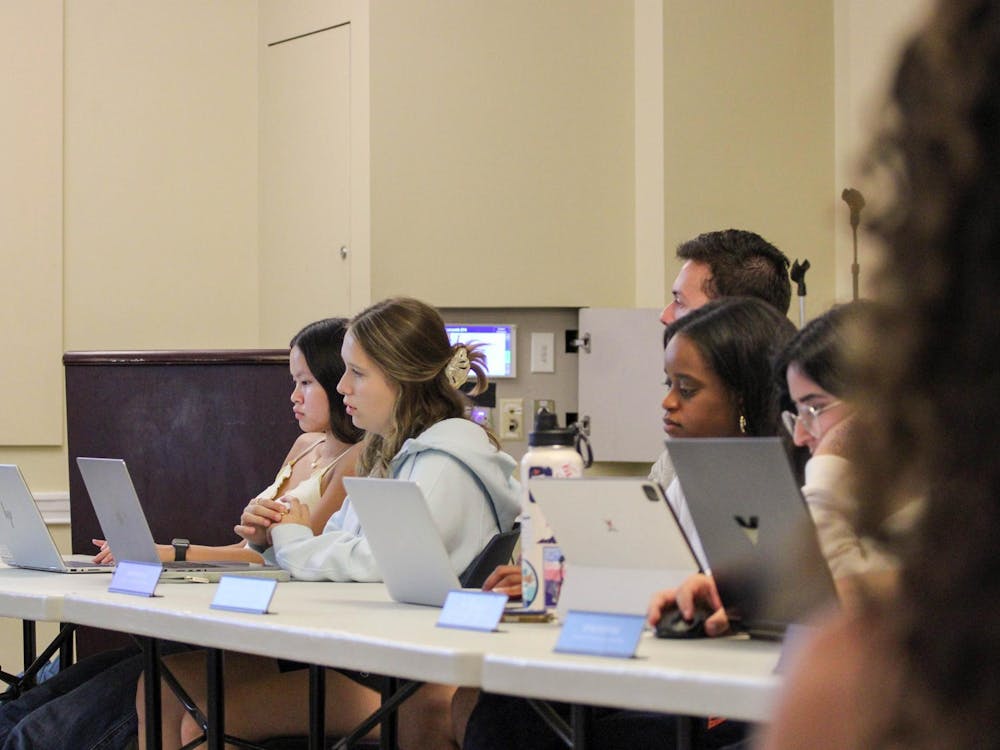A class in the Batten school gave away $35,000 in grants to five different local nonprofit organizations last week.
“NGOs in the Policy Arena,” co-taught by Batten Prof. Paul Martin and Grey McLean of the Adiuvans Foundation, is designed to teach students how nonprofits operate in the context of public policy. The class has been giving grant money to community nonprofits since 2012, totaling $390,000.
This year’s focus was on food insecurity and access to health care and housing, and the grant money was given to nonprofits working in these areas.
The five nonprofits receiving grants this year were the Charlottesville Free Clinic, Blue Ridge Area Food Bank, PACEM, CASA, and ReadyKids.
Charlottesville Free Clinic, which received $12,000, is an organization that provides health care — including medications, dental care and medical care — to low-income uninsured members of the Charlottesville community. Blue Ridge Area Food Bank, which received $5,000, provides food to over 100,000 people per month in over 200 different locations in Virginia. PACEM is a religious organization, which helps provide shelter for the homeless, and CASA is a social advocacy group fighting child abuse and neglect. ReadyKids offers a variety of services for families ranging from counseling to programs promoting healthy relationships.
Martin said the organizations and their nonprofit work are the most important aspect of the project for his students, and said they hoped to highlight this through their work providing grant money.
The students were tasked with soliciting applications for grants and then determining which organizations were most deserving of the money.
First, Martin said, the students posted a request for applications.
“It’s what we call an open request for proposals,” he said. “We post ours every year with the Center for Nonprofit Excellence.”
The organizations responding to the request then write letters of inquiry, explaining why their nonprofit would benefit from the grant. The students choose the most qualified nonprofits and ask for proposals detailing their operations, how they would use the money and their past financial records.
“[It’s] the basic due diligence you would do on a nonprofit,” Martin said. “We review those proposals, and then we meet with the people who actually run the organizations, and then we make a decision.”
The class collectively narrowed their search from 24 initial letters of inquiry to the five who finally received the grant money, which was presented to them last week as the fall semester came to a close.
The program began when the organization — called the Once Upon a Time Foundation — which allocates the grant money, reached out to President Teresa Sullivan with the opportunity. The University was the fourth school the foundation partnered with. They now work with 14 schools, including Harvard, Stanford and the University of Chicago, donating hundreds of thousands of dollars each year.
Correction: A previous version of this story omitted that the course is co-taught by Grey McLean.







